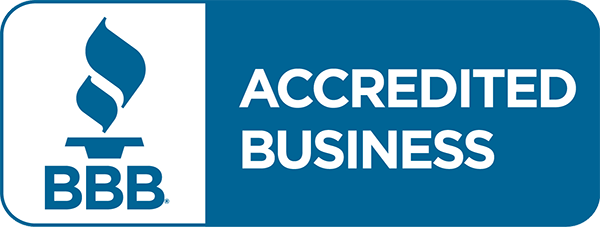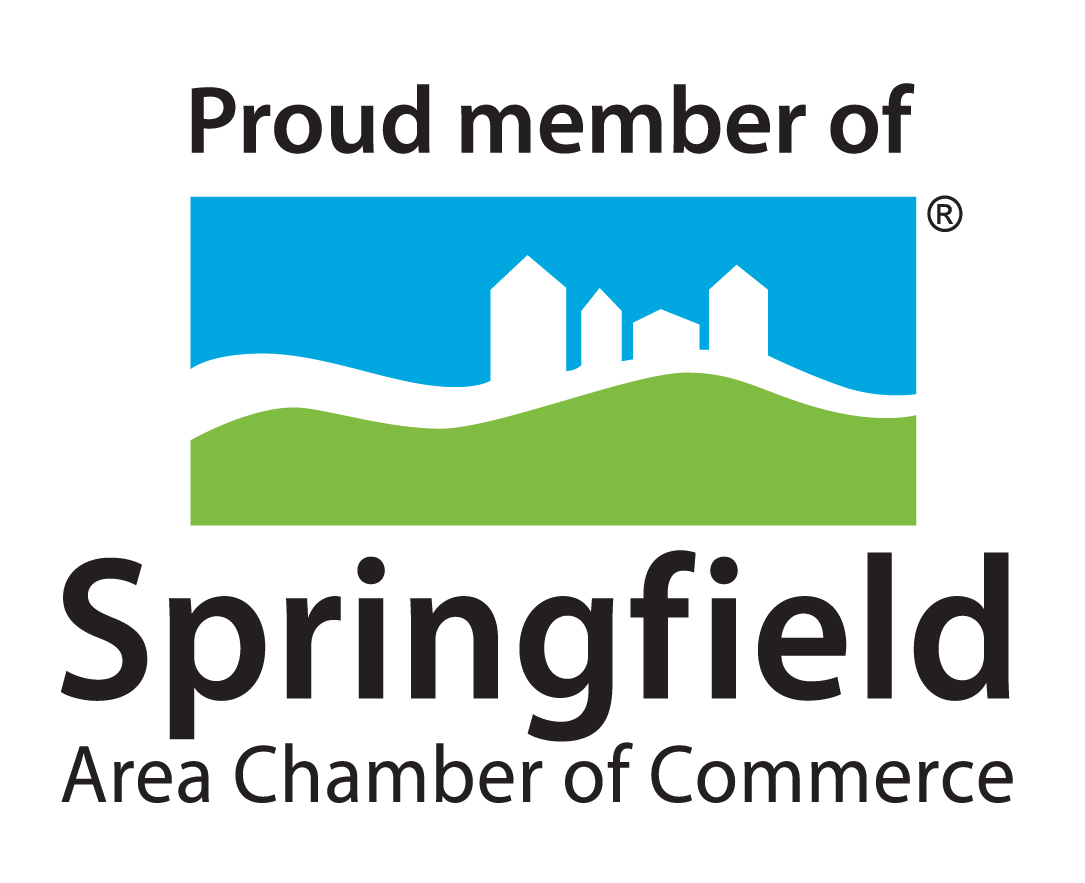Chapter 13 bankruptcy can be a lifeline for individuals struggling with overwhelming debt. It provides a structured repayment plan that allows them to regain control of their finances. However, filing for Chapter 13 bankruptcy comes with its challenges and potential pitfalls. This article provides an overview of Chapter 13 bankruptcy, highlighting common reasons it can fail, mistakes to avoid, and the long-term effects on an individual’s financial health.
If you are contemplating filing for Chapter 13 bankruptcy and want to know more about the process, contact the Debt Doctors of Missouri. Call (417) 374-2939 to schedule a free consultation to discuss whether bankruptcy is right for you.
What You Need to Know About Filing a Chapter 13 Bankruptcy
Chapter 13 bankruptcy allows individuals with a steady income to create a plan to repay all or part of their debts over three to five years. Unlike Chapter 7 bankruptcy, which involves liquidating assets to pay off debts, Chapter 13 allows debtors to keep their property while restructuring their financial obligations.
Why Do So Many Chapter 13 Bankruptcies Fail?
Despite its potential benefits, Chapter 13 bankruptcy can fail if not approached correctly. Some common reasons for failure include the following:
Inadequate Repayment Plans - Failing to create a feasible repayment plan that addresses all outstanding debts can result in the dismissal of the case.
Failure to Make Payments - Missing payments as outlined in the repayment plan can result in the case being dismissed.
Changes in Financial Circumstances - Unexpected financial setbacks, such as a loss of employment or a medical emergency, can derail a repayment plan if adjustments aren't made quickly.
Failure to Complete Required Courses - Debtors must take credit counseling and financial management courses. Not meeting these requirements can result in a dismissal.
Filing Too Soon After a Previous Bankruptcy - There are strict rules concerning the timing of bankruptcy filings. Filing for Chapter 13 too soon after a previous bankruptcy can result in the case being dismissed.
Filing Without Legal Representation - Chapter 13 bankruptcy is a complex process. Navigating it without the guidance of a qualified bankruptcy attorney significantly reduces the chances of a successful outcome.
Common Mistakes to Avoid When Filing Chapter 13
To maximize the chances of a successful Chapter 13 bankruptcy, be sure to avoid the following mistakes:
Waiting Too Long to Get a Credit Counseling Certificate - It is important to obtain credit counseling from an approved agency before filing for bankruptcy. Waiting until the last minute can delay the process.
Paying Debts to Family and Friends - Prioritizing payments to friends or family members over other creditors can be considered preferential treatment and may be challenged by the bankruptcy trustee.
Running Up More Debt - Accumulating new debt after filing for Chapter 13 bankruptcy defeats the purpose of the repayment plan and can lead to further financial problems.
Transferring Assets Out of Your Name—Attempting to hide assets by transferring them to others before filing for bankruptcy can have serious consequences, including dismissal of the case and even allegations of fraud.
Not Considering Timing - Timing is critical in bankruptcy filings. Filing prematurely or waiting too long can adversely affect the outcome of your case.
Failing to Inform All Debt Collectors and Creditors—Provide complete and accurate information about your debts and creditors to ensure they are included in the bankruptcy proceedings.
Long-Term Effects of Chapter 13 Bankruptcy
While Chapter 13 bankruptcy can provide much-needed relief from overwhelming debt, it's essential to understand the potential long-term consequences:
Negative Credit Impact
Bankruptcy will remain on your credit report for several years, affecting your ability to obtain credit and potentially affecting future employment opportunities.
Difficulty Securing Loans and Credit in the Future
Lenders may view bankruptcy as a red flag, making qualifying for loans or credit cards with favorable terms a challenge.
Difficulty Getting Approved for Rentals or Temporary Housing
Landlords and property managers often perform credit checks as part of the rental application process. A bankruptcy on your credit report may make it harder to secure housing.
Do I Need a Bankruptcy Attorney?
Given the complexity of Chapter 13 bankruptcy, seeking legal representation is highly recommended. In fact, statistics show that Chapter 13 cases filed with an attorney have a 33% success rate, while those filed without a lawyer only have a 2.3% success rate.
Chapter 13 bankruptcy can offer a path to financial recovery if you are overwhelmed by debt. You can increase your chances of a successful outcome by understanding the potential challenges, avoiding common mistakes, and seeking professional legal guidance. Take the first step in taking control of your financial future.
Call the Debt Doctors of Missouri at (417) 374-2939 to schedule a free consultation.




